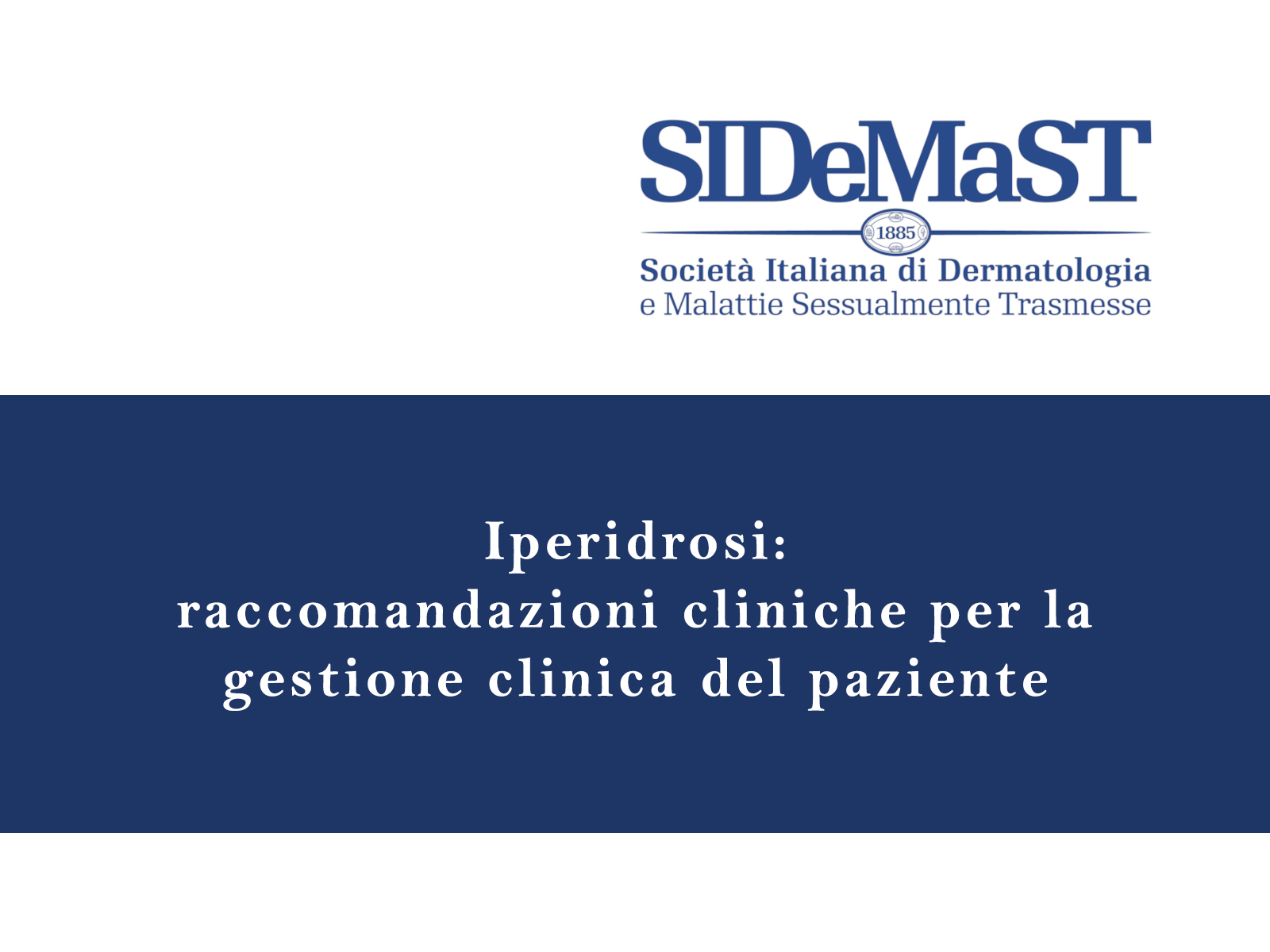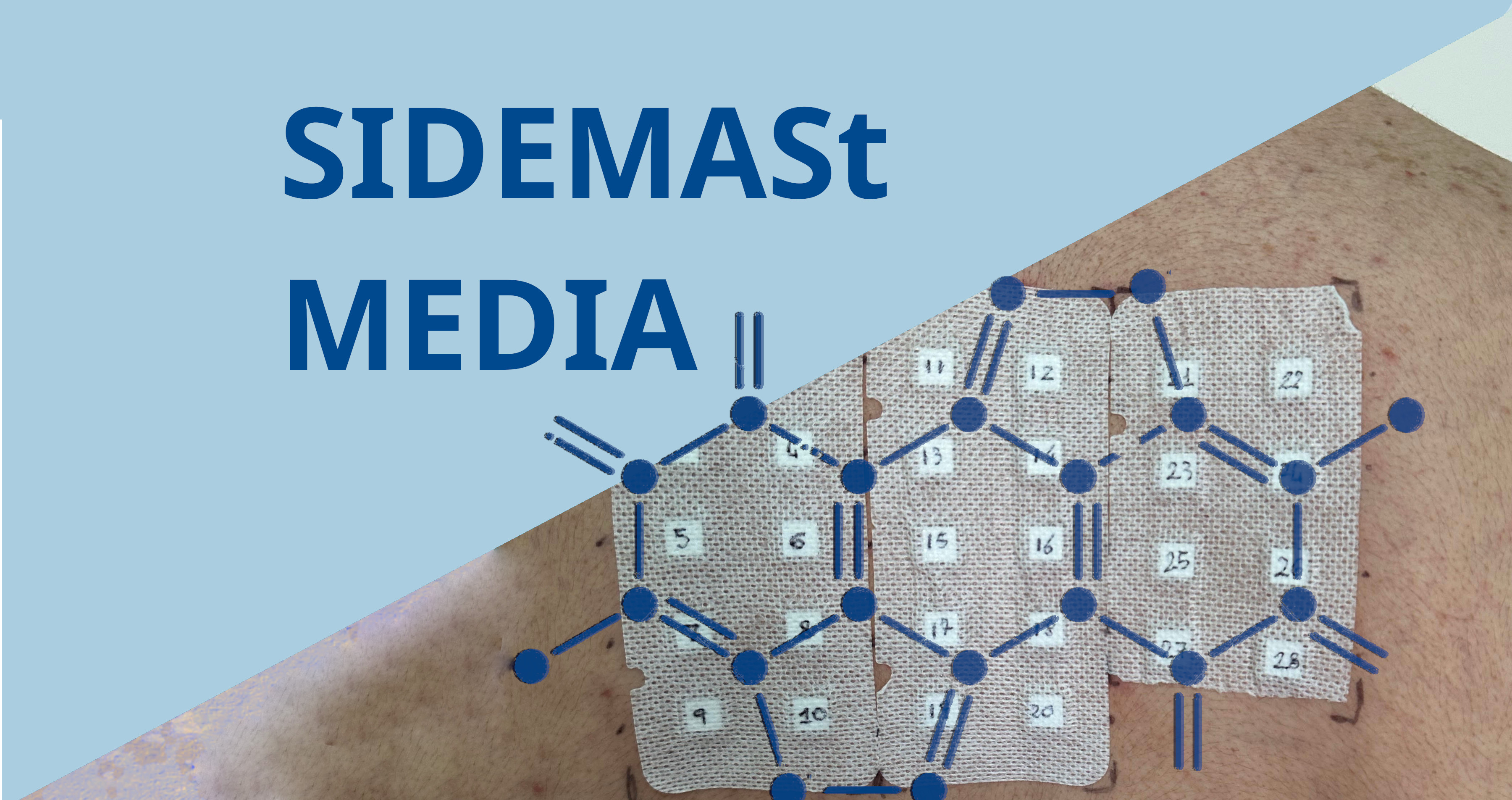Adjuvant ipilimumab significantly improves recurrence-free survival in patients with completely resected stage III melanoma at high risk of disease recurrence, according to a study published in The Lancet Oncology.
However, this treatment was also associated with a high rate of immune-related adverse events.
"Ipilimumab has already been approved as a treatment for patients with advanced melanoma," said Alexander M. M. Eggermont, MD, Gustave Roussy Cancer Campus Grand Paris, University of Paris, Paris, France. "Our intention with this study was to assess ipilimumab as an adjuvant treatment for patients with completely resected stage III melanoma at high risk of recurrence."
"In my experience, this marks both the first clinical trial of an approved drug with an effect on survival in advanced melanoma in the adjuvant setting, and, in this same setting, the first to study an immune checkpoint inhibitor in the adjuvant setting," he added. "Our results show that ipilimumab is active in the adjuvant setting, but the side-effects are considerable."
Between 2008 and 2011, the double-blind, phase 3 EORTC trial 18071 accrued 951 patients who were randomised to receive either ipilimumab (n = 475) or placebo (n = 476). All patients were included in the intention-to-treat analyses.
At a median follow-up of 2.74 years, the median recurrence-free survival was 26.1 in the ipilimumab group and 17.1 months in the placebo group (hazard ratio, 0.75; P = .0013). The 3-year recurrence-free survival rate was 46.5% and 34.8%, respectively.
Despite these significant recurrence-free survival results, there were significant differences in adverse events, in particular grade 3/4 immune-related adverse events, with use of ipilimumab, including gastrointestinal (16% vs <1%), hepatic (11% vs <1%), and endocrine (8% vs 0).










